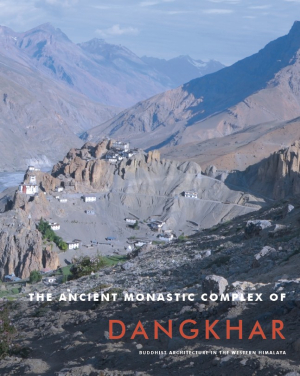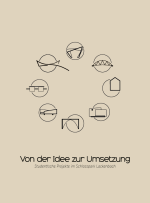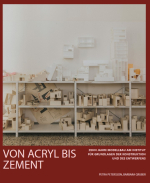Dangkhar is located within the Spiti valley in Himachal Pradesh, India, a region inhabited by a Tibetan-speaking population for more than thousand years. The ancient monastic complex, situated in the village of the same name, is nested on a vertiginous cliff at the impressive altitude of 3850 metres overlooking the meanders of the Spiti-Pin river confluence.
The origin of this fortified site is believed to go back to the 10th -11th century when a powerful dynasty of royal patrons and kings initiated a Buddhist renaissance in the Western Himalayas. It gradually assumed the double function of a political centre and a religious establishment and witnessed the various influences from the neighbouring states (e.g. Ladakh, Tibet) which competed for political supremacy and religious hegemony.
With contributions by Carmen Auer, Dieter Bauer, Maria Gruber, Gabriela Krist & Kathrin Schmid, D. Scott Kieffer & Christoph Steinbauer, Yannick Laurent and Holger Neuwirth.





